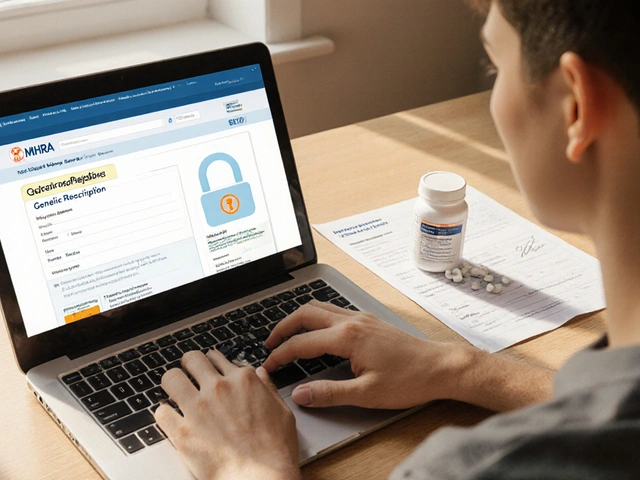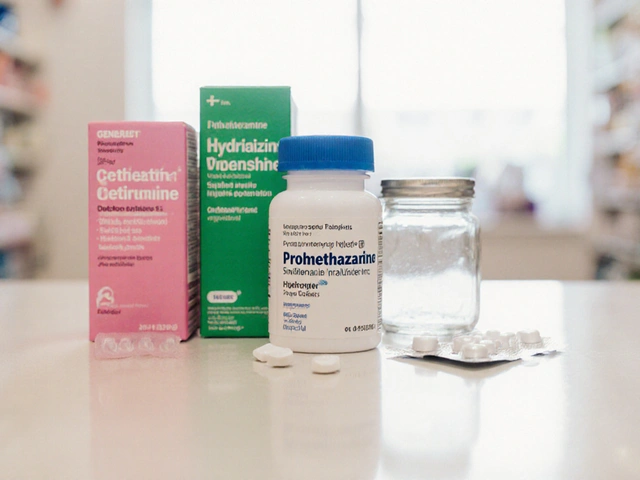Drugwatch alternatives: where to find clear, reliable drug info
Seen a report on Drugwatch and want more context? That's smart. Some sites focus on lawsuits or headlines and leave out the medical detail you need. This page shows practical alternatives and how to pick ones you can trust for safety, side effects, and price.
How to judge a site quickly
Check who runs the site. If lawyers or marketing firms are the main visible owners, treat the content as legal commentary, not medical advice. Look for clear citations — links to FDA alerts, peer-reviewed papers, or official prescribing information are good signs. Watch for sensational language. Phrases that promise "the hidden truth" or push a product are red flags.
Also check for up-to-date timestamps and author names with credentials ( pharmacist, physician, or clinical researcher). Privacy and disclosure pages tell you if the site accepts advertising or works with pharmacies. If you need medical advice, always confirm what you read with your prescriber or a pharmacist.
Top places to check (what each is good for)
FDA MedWatch — official safety alerts, recalls, and adverse-event reports. Use this for regulatory updates and official warnings.
Drugs.com and RxList — clear drug summaries, side effects, dosing, and interactions. Good for quick facts and patient leaflets.
PubMed / Google Scholar — original clinical studies and reviews. Use these when you want the science behind a claim.
ClinicalTrials.gov — check ongoing trials and drug development status if you’re researching new treatments or alternatives.
Consumer-facing cost tools like SingleCare, RxSaver, and the alternatives we review here help you compare prices and discount cards.
Adverse-event aggregators (example: EhealthMe) can surface reported side effects, but treat user-reported data cautiously and look for confirmation in published studies.
If you saw a Drugwatch story about a specific drug, you’ll find more balanced coverage here on Candrugstore. For example, we review prescription savings options in "Top 5 Prescription Savings Alternatives to GoodRx in 2025" and compare inhaler choices in "Formoterol/Budesonide Combo vs. Other Inhalers." We also publish lists of drug alternatives for common meds like Abilify, Duloxetine, Motilium, Hydroxychloroquine, and Cytotec so you can see clinical pros and cons side-by-side.
Want practical next steps? Start by checking the FDA for official safety notices on the drug. If cost is your worry, compare discount sites and local pharmacy prices. If you’re weighing treatment options, look up recent reviews or guidelines in PubMed and then talk to your clinician with those sources in hand.
Use reliable sites together, not alone. Mix regulator pages, peer-reviewed research, and trusted patient tools to build a clear view. If you want tailored reads, browse our tag posts on alternatives and saving money — each article points to sources so you can verify what you read.
22
Top Alternatives to Drugwatch.com for Medication Information in 2025
Exploring alternatives to Drugwatch.com, this article delves into how platforms like GoodRx.com can offer valuable resources for medication information, pricing, and discounts. Each option is evaluated for its pros and cons to help users find suitable sites for affordable prescriptions and drug data. The comparison aims to simplify decision-making for individuals seeking reliable drug-related services.



